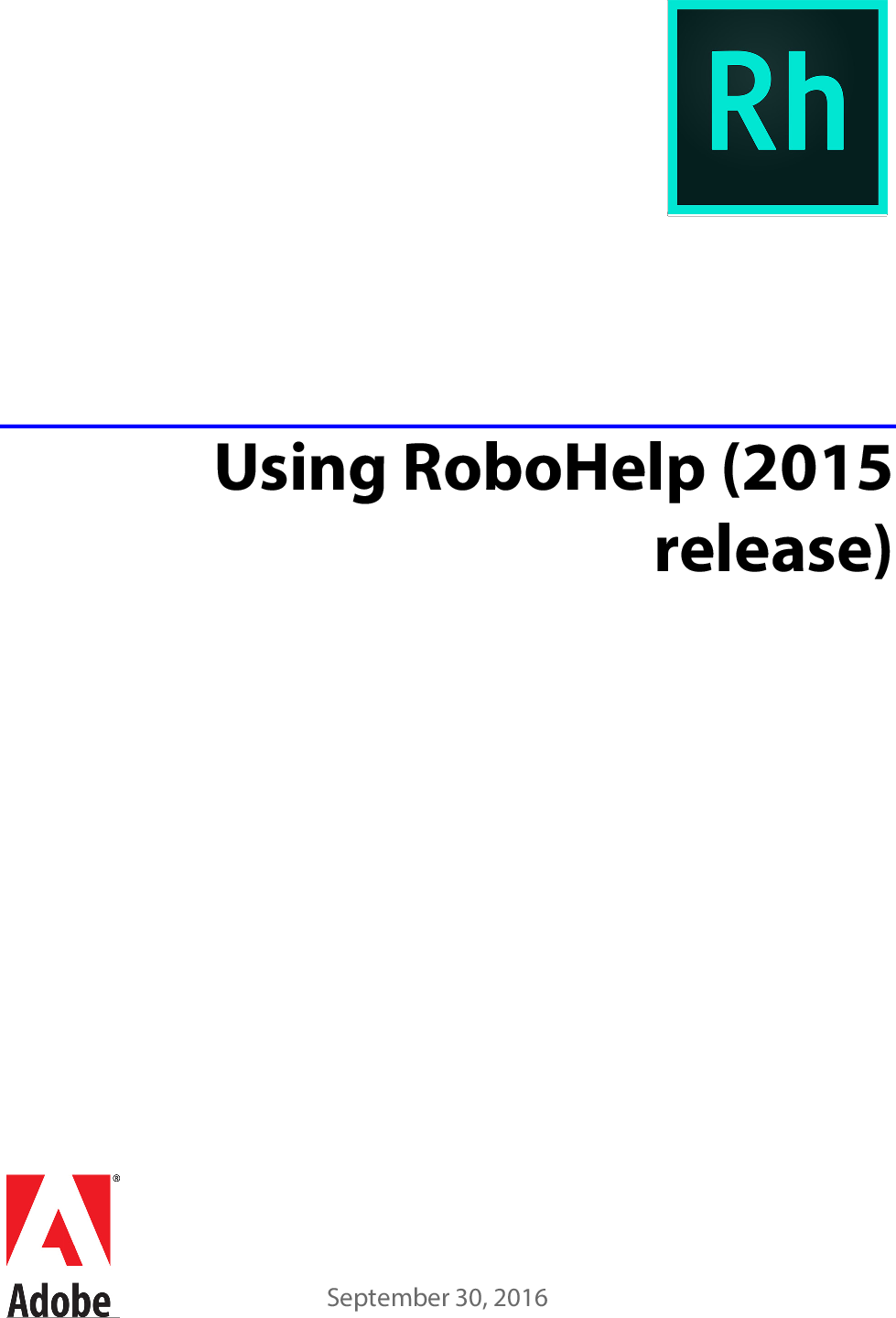

- MY CADNAA DEMO DOES NOT VISIBLE MAP HOW TO
- MY CADNAA DEMO DOES NOT VISIBLE MAP CODE
- MY CADNAA DEMO DOES NOT VISIBLE MAP DOWNLOAD
Here’s our final result – an interactive map indicating the countries I’ve either lived in or travelled through for a month or more. This array of strings is substituted into the (line 24). It is important that you add the right info here for proper attribution of the tile set.įinally we have a list of subdomains. Next is the attribution – this is what shows up in the bottom-right corner of the map.
MY CADNAA DEMO DOES NOT VISIBLE MAP HOW TO
In our example, the first argument is the URL template so Leaflet knows how to fetch the tiles from the servers properly. There are several different servers you can use – or you can host your own.Īgain, Leaflet has many options to use when creating a tileLayer.
MY CADNAA DEMO DOES NOT VISIBLE MAP CODE
This code adds a layer to the map telling it what set of tiles to display and where to get them. The next interesting part of this HTML file is this div:
MY CADNAA DEMO DOES NOT VISIBLE MAP DOWNLOAD
I have updated the download to fix this.)

You will need to add http: to the URI for this to work. It’s the web server which adds the correct protocol to scheme-less URIs, so if you just open the file on its own, browsers will not add it properly. ( Update: I was using MAMP to write and test this. Note that leaving the protocol off the Google URL is not an error – this is a protocol relative URL (a.k.a. This example uses to get the Leaflet CSS and library and to get the jQuery library. if a user has visited another site using the same script, it may already be in the user’s cache resulting in no download at all and faster display of the page.browsers limit the number of HTTP requests to each host, so accessing multiple, different hosts allows fetching data in parallel, resulting in faster display of the page (we’ll see this idea again with the tiles which make up the map).CDNs distribute the content so it’s closer to the user, resulting in faster downloads.Another option would be to host these files ourselves, but the advantages of using these CDNs are: In this example, we are linking to these files stored on a remote server using a CDN. These lines pull in the CSS and JavaScript libraries we need to display and work with the maps. Let’s start by taking a look at the HTML.

I recommend using it instead of copying the code on this page.) The HTML Note that the version on GitHub might look different that what is outlined here since it has been updated to use more recent versions of the libraries. (The files used in this example are available on GitHub.



 0 kommentar(er)
0 kommentar(er)
